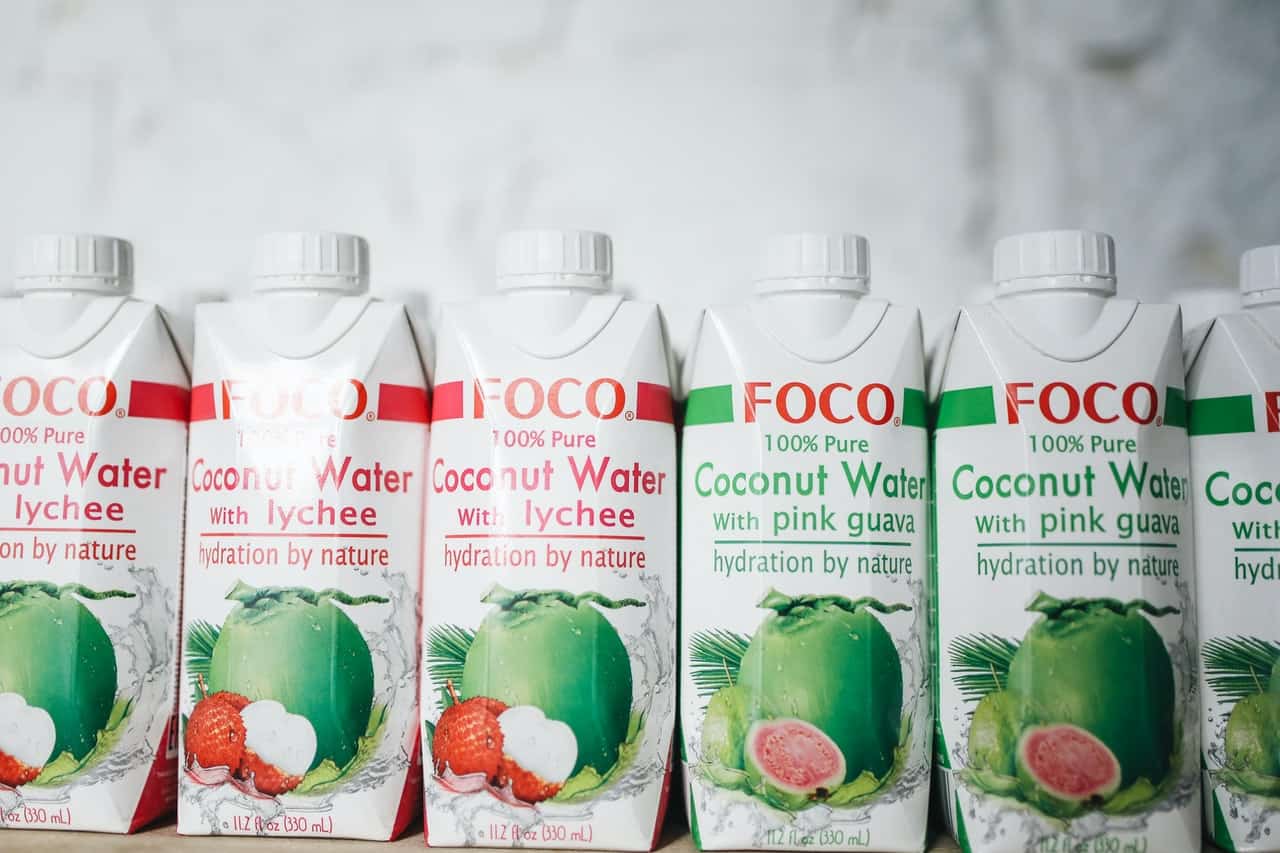
The best online fitness resource you'll ever need. We filter out the BS to ensure you meet your health and fitness goals!

The best online fitness resource you'll ever need. We filter out the BS to ensure you meet your health and fitness goals!

Coconut water is a favorite the world over, but did you know that coconut water will cause your fast to break?
Yes, rich in electrolytes and significantly, calories, coconut water is a no-no if you wish to rigorously adhere to your fasting schedule.
But all hope is not lost – you don’t need to permanently give up coconut water. Rather, let’s discuss why coconut water isn’t appropriate, and if there are any possible workarounds to our little conundrum.
Intermittent fasting involves a period of time during which no calories are to be consumed, ranging from eight hours up to 20 hours daily. During this time, the only acceptable thing to consume is pure water, free of additives and calories of any sort (zero calorie beverages “technically” do qualify, but come with many other issues).
In contrast, coconut water contains lots of calories. To start with, one cup of coconut water contains approximately 10 g of carbohydrates, a minimal amount of protein and fat, and yields over 40 cal. As you can imagine, this amount of carbohydrates is fairly high and will trigger an insulin response.
Insulin shuts down the process of fatty acid utilization (blunting lipolysis), and in turn blunts weight loss. This tends to defeat one of the main reasons people perform intermittent fasting in the first place.
Plus, that’s just considering pure coconut water. Some varieties of the water may have a lot of the coconut “jelly” included, which tends to significantly increase the amount of saturated fat you ingest, and in turn the calorie yield.
So yes, if you consume coconut water while doing any sort of fasting, you effectively break the fast and defeat what you are trying to attain. However, that’s not to say that you can’t have coconut water on days that you are fasting, but you need to approach it a little more smartly.
Whether you are following intermittent fasting, a type of fasting on a ketogenic diet, or even for other health or religious purposes, the key is to consume it during your allowed periods. What are these windows? Let me explain:
Intermittent Fasting – as previously mentioned, the actual duration of fasting varies from person-to-person depending on tolerance, but can range anywhere from eight hours up to 16 and more. Of course, the 16 hours fast is the most tolerable variation that yields the maximum results for most people, leaving behind an eight-hour window to feed.
During this time, you can eat, drink and be merry. Of course, you should not compensate for the 16 hours of fasting by overindulging at this time, but you can safely have a glass of coconut water during this interval.
The Ketogenic Diet – electrolytes are welcomed on the keto diet, although consuming coconut water while fasting from carbs, or being on a low carbohydrate diet can be a little trickier, especially if you aren’t actively involved in exercise. This is because one of the most forgiving times in the day is your post workout training window, which allows consumption of a moderate amount of carbohydrates.
This refeeding of carbohydrates is not only a welcome psychological relief, but is also proven to help trigger insulin release and the shuttle of amino acids and glucose into muscles to initiate repair and recovery (effectively utilizing the targeted ketogenic diet).
Besides this window, the ketogenic diet is not as forgiving to the general consumption of carbohydrates at any other time of the day, as the ready availability of glucose tends to kick you out of ketosis and defeats the purpose of the diet altogether.
General Fasting – there are no real restrictions about what you can and cannot have when your dieting is classified as being of a general nature, except that you should not consume any calorie heavy food of any type during fasting hours.
On the other hand, fasting might not involve caloric restriction at all. There is even one type of fast referred to as the coconut water fast, which involves the consumption of only coconut water over the course of 72 hours.
This might not be the wisest decision as liquid only diets tend to have a very weak effect on blunting of hunger, plus, the fact that coconut water is very low in protein means that you stand to lose a large amount of muscle mass within those three days of fasting. The only upside is that you are likely to improve your hydration level significantly for that time, and might benefit the removal of toxins in urine.
Coconut water, for all its benefits and general likability does not go well with the fasted state. Coconut water is often regarded as a highly nutritious beverage, perfect for rehydrating following exercise, illness, or to just beat the heat on a sweltering day. BUT.
It is by no means a 0 Cal beverage, and will definitely knock you out of ketosis, or cause you to break your fast. Much of this is a result of the glucose contained in coconut water, which raises blood sugar levels, and in turn signals for insulin to flood the bloodstream. This is not good as many variations of fasting revolve around minimizing the effect of insulin and its spikes on fat loss.
During a fast, depending on what exactly you’re trying to achieve, water should be considered the only acceptable universal beverage. Save that coconut water and consume it only when the time is right.